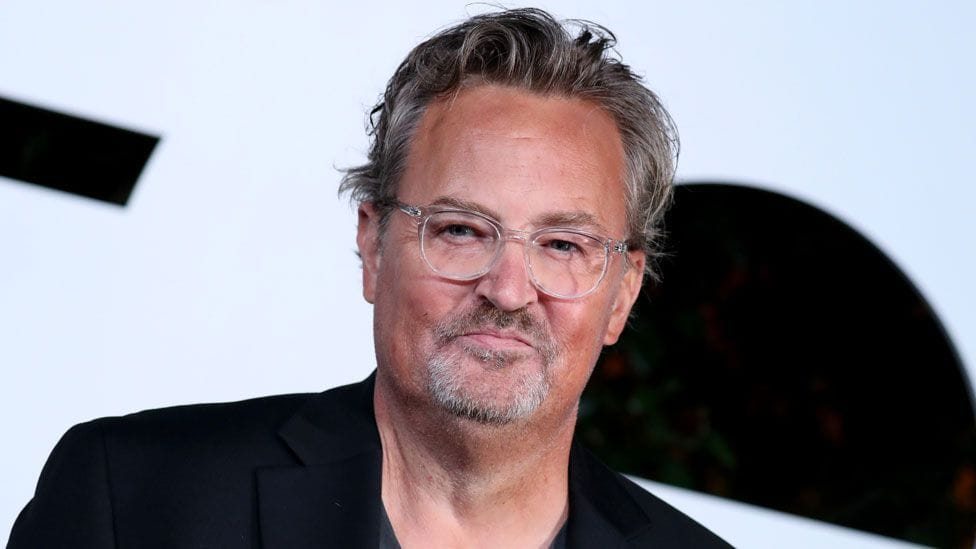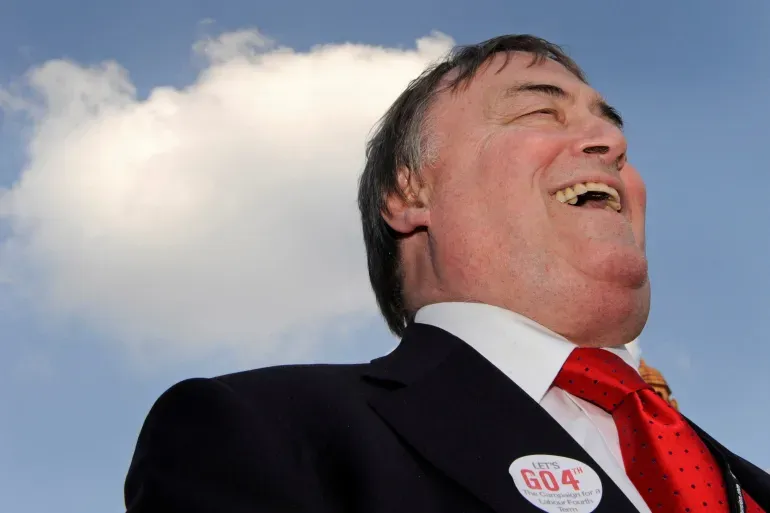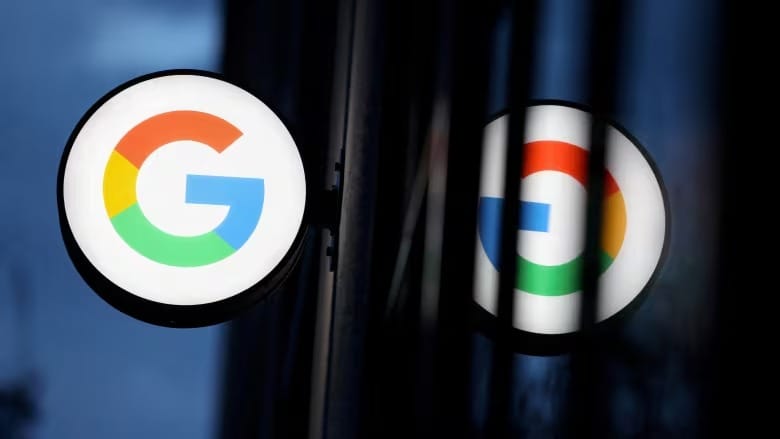Matthew Perry's death highlights the chaotic state of Hollywood's ketamine scene
The investigation into Perry's death, which led to the charging of five individuals, has shed light on his ongoing struggle with addiction and the expanding ketamine network in Hollywood.

As he settled into his backyard jacuzzi with a view of the Santa Monica Mountains on the evening of October 28, 2023, Matthew Perry reportedly asked for a “big one” to be administered.
This “big one,” as court documents later revealed, was a dose of ketamine, a drug used both as a prescription anesthetic and a hallucinogen. It was Perry’s third ketamine injection of the day.
Shortly after, the “Friends” actor was found face down in the jacuzzi, and medics pronounced him dead at the scene, with ketamine identified as the primary cause of death.
The investigation into Perry's death, which led to the charging of five individuals, has shed light on his ongoing struggle with addiction and the expanding ketamine network in Hollywood.
Experts have noted a surge in ketamine’s popularity, driven by the proliferation of ketamine clinics and online prescription services, as well as a growing illicit drug market. Dr. David Mahjoubi, president of the American Board of Ketamine Physicians, remarked to the BBC, “It’s super easy [to get], whether through underground sources or prescriptions. I have celebrities who get prescriptions from me. It’s not hard at all.”
The federal investigation revealed a broad underground network of drug suppliers in Los Angeles, distributing significant quantities of ketamine. Court documents detailed Perry’s transition from receiving treatment at a ketamine clinic to seeking the drug from “unscrupulous doctors” and street dealers.
Perry had previously been open about his long-standing addiction issues, which began during his time on “Friends.” Although he claimed in his memoir to have achieved sobriety, he later became involved with ketamine infusion therapy, which experts believe contributed to his addiction.
In the months leading up to his death, Perry is reported to have purchased numerous vials of ketamine at high costs. In the three days before his death, his assistant administered ketamine to him at least six times a day.
The investigation resulted in five arrests:
Kenneth Iwamasa, Perry’s live-in personal assistant, pleaded guilty to conspiring to distribute ketamine causing death. He admitted to sourcing ketamine for Perry and administering the fatal dose.
Dr. Salvador Plasencia, a physician accused of supplying Perry with large quantities of ketamine, including administering doses in public places, has pleaded not guilty.
Dr. Mark Chavez, a physician who admitted to selling ketamine to Dr. Plasencia, including drugs diverted from a clinic, pleaded guilty to conspiracy.
Jasveen Sangha, described as the “Ketamine Queen,” allegedly supplied the drugs that led to Perry’s death. Authorities found a substantial quantity of ketamine and other pills at her residence. She has pleaded not guilty to all charges, including conspiracy and distribution resulting in death.
Eric Fleming, a middleman who distributed drugs from Sangha to Perry and his assistant, pleaded guilty to conspiracy and distribution resulting in death.
Experts have commented on the problematic relationship between celebrity culture and medical treatment. Dr. Gerard Sanacora from Yale University’s Depression Research Program noted, "The VIP treatment is usually not the best treatment," and highlighted the potential for doctors to lose perspective when dealing with high-profile clients. Dr. Mahjoubi shared his experience of maintaining boundaries with celebrity patients and noted the rising trend of ketamine as a party drug among celebrities, often perceived as a safer alternative to substances like cocaine.
A Los Angeles area doctor, who wished to remain anonymous, described the spread of ketamine treatments as the new “wild west,” illustrating the complex dynamics between celebrities and their healthcare providers.
The relationship between celebrities and their medical care has come under scrutiny, with many experts highlighting its problematic aspects.
Dr. Gerard Sanacora, director of Yale University’s Depression Research Program, told the BBC, "The VIP treatment is usually not the best treatment." He noted that doctors, despite taking the Hippocratic oath, can "lose perspective" when dealing with high-profile clients, often influenced by the allure of party invitations or donations to research programs.
Dr. David Mahjoubi, who manages two ketamine clinics in California, including one in Los Angeles, shared his experience of navigating boundaries with celebrity patients. He recounted treating a well-known celebrity who repeatedly asked for favors, including prescription refills on weekends. “I told him, ‘Look, please email me anything medically related’ and blocked him,” Dr. Mahjoubi said. He also observed that ketamine has become a popular party drug among celebrities, perceived as a safer alternative to substances like cocaine, which can be mixed with dangerous additives like fentanyl.
Another anonymous Los Angeles doctor, who runs several pain management centers, described the spread of ketamine treatments as the new “wild west.” He spoke candidly to the BBC about the complex dynamics between doctors and celebrities, emphasizing the evolving nature of ketamine's use and its implications.





